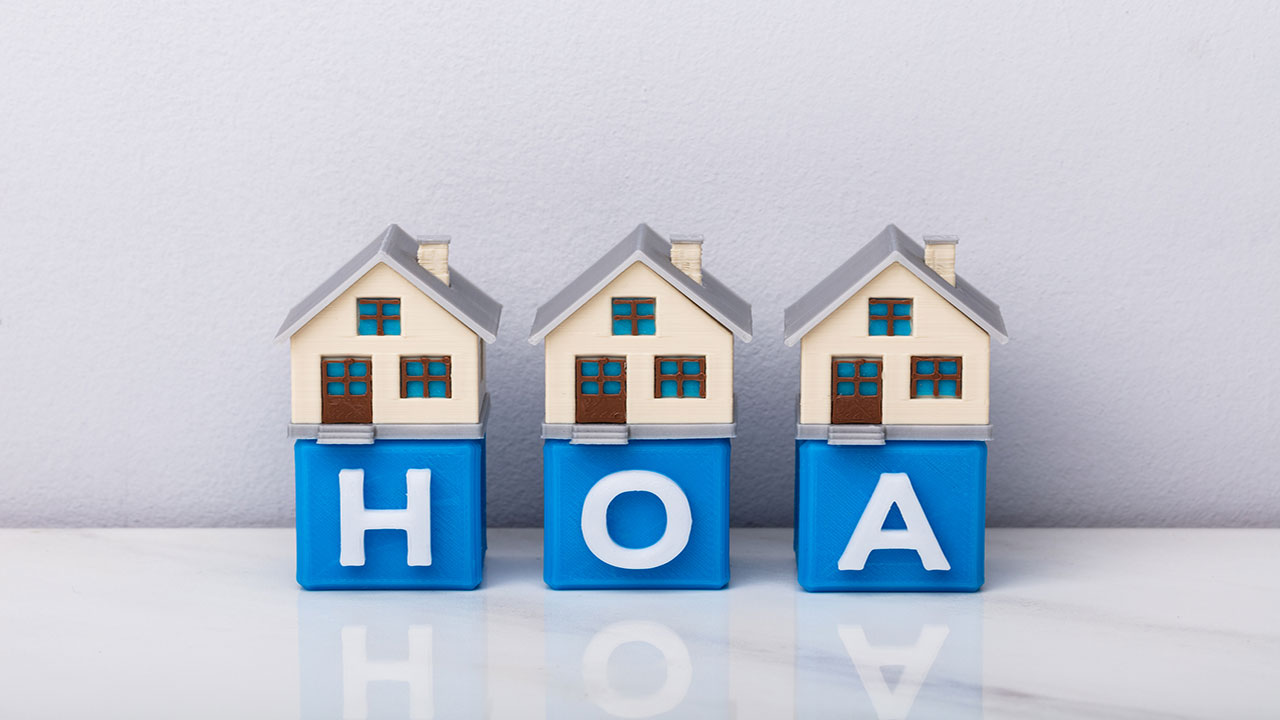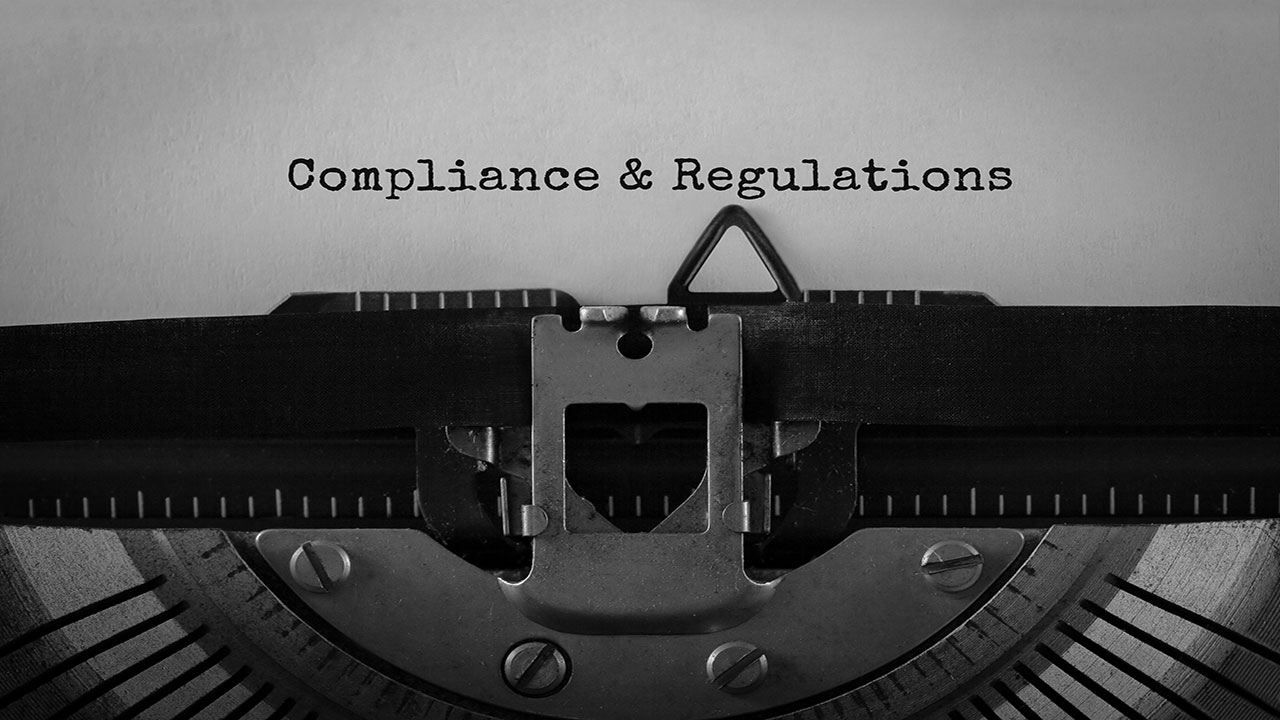7 Things Buyers Should Know About HOAs

There are so many great reasons to buy into an HOA. Depending on the type of HOA property you purchase, you can potentially take advantage of lower purchase prices, close proximity to amenities and employment opportunities, and have maintenance of the community all taken care of.
But as great as HOAs often are, it’s important to understand all the ins and outs of such housing arrangements.
An HOA – or homeowners association – is an organization that establishes rules that residents of the community must follow and ensures that everyone follows these rules. Such rules are put in place to protect the value of the community and the properties within it and make life as enjoyable as possible for all residents.
The HOA charges a fee to all owners to cover the cost of operation of the HOA and to keep a monetary reserve for any future repairs that may be needed. A good HOA can help to maintain and even improve the quality of life for all residents. But an HOA that is not well managed can make life difficult and can even negatively impact the value of your home.
If you’re a buyer considering purchasing a property in an HOA community, consider the following factors first.
1. There Are Rules to Follow

As mentioned earlier, HOAs have rules in place that all residents must adhere to. It’s important to understand exactly what these rules are before you decide to make a purchase in a particular HOA community, as they may impede on your quality of life.
For example, it’s common for an HOA to dictate rules on the color you can paint your front door or garage doors, what type of vehicle can be parked on your driveway, whether or not you can hang your laundry outside, and whether or not you can have pets living in your home.
Many buyers like the idea of having such restrictions, but others might not. If you don’t think you’ll be able to live with the rules set forth by the HOA, then it might be wise to look elsewhere.
2. There Are Fees to Pay
As mentioned earlier, HOAs charge a monthly fee to all owners, which cover the cost of maintenance of all amenities and common areas. But these fees vary drastically from one community to another.
Luxury communities that offer a variety of top-notch amenities will come with HOA fees that are much higher than average communities with only a handful of amenities. On the other hand, the average HOA community might not have as many amenities, and may therefore not have HOA fees that are as high.
Not only should you make sure to find out what the exact fees are, but what the fees cover. It’s possible that you may not have much use for most of the amenities on property, so paying for them may seem like a waste of money. In this case, you may want to look for an HOA community that has what you would make use of so that paying for their maintenance is money better spent.
Further, compare the HOA dues for the community or building to the average fees in the area. A professional real estate agent would be your best source for finding out this information. Every HOA has reserves that are levied on differing criteria, so comparing them on your own might prove to be difficult, which is why having an agent in your corner will prove to be very helpful.
3. Make Sure the Property is in Compliance With Rules

While you might be fine with the rules of the HOA in terms of what you can and can’t do with your property or unit, there’s always a chance that the property you’re considering buying is not in compliance. If that’s the case, you may be stuck making the necessary changes after you take possession. Or else, you could find yourself in a bit of trouble with the HOA.
4. Attend Meetings and Get a Copy of the Minutes From Previous HOA Meetings
HOA meetings are held by board members where all sorts of important issues are discussed, including financials. If you have the time and availability, consider attending these meetings. Not only will you learn a lot about the health of your community and the people who are managing it, but you’ll also have a chance to ask questions and provide your own input.
If anything, be sure to get a copy of the meeting minutes if you can’t attend because they will outline all the pertinent details discussed during the meeting.
5. You Can Serve on the Board

If you’re so inclined, you may want to consider serving on the HOA board. Typically, the board is made up of elected or appointed owners who are put in their respective positions at annual elections. That said, this position requires a big time commitment and comes with a lot of responsibility. You’ll be making a lot of decisions – including financially – that will directly impact all the residents in the community.
6. Make Sure the Property is Well-Managed
Every HOA community should be run by a designated committee and associated property management company, but not all HOAs are created equal. While some may be overbearing when it comes to enforcing rules and making extra sure that the community is being well looked after, other HOAs lag in their duties, which can be detrimental to the integrity of the community.
Be sure to check into what the HOA board is like and see if they’re taking their job seriously. An HOA without the right leadership could spell disaster for the community down the road.
7. Special Assessments Can Cost You

Ideally, the HOAs reserve fund will have enough money in the pot to cover major expenses that will inevitably occur, such as repairing or replacing the roof, updating the electrical wiring, or repaving the entire parking lot or street. When these tasks need to take place, they’ll require a huge chunk of change, and there should be enough in the reserve fund to cover them.
But sometimes there isn’t, which is where a special assessment comes into the picture. With a special assessment, every unit or household in the building or community will have to pay an additional fee to cover the cost of the repair job. These additional fees can be really expensive, so it’s important for you to ensure that the HOA has enough money in its reserve fund available whenever a big repair comes up.
The Bottom Line
Living in an HOA community offers plenty of advantages that you wouldn’t typically get with your average family home. But there are also a few potential drawbacks if you don’t do your homework and choose the right one. Be sure to work closely with your real estate agent so you can ask all the right questions before making a decision on the right HOA community for you.
